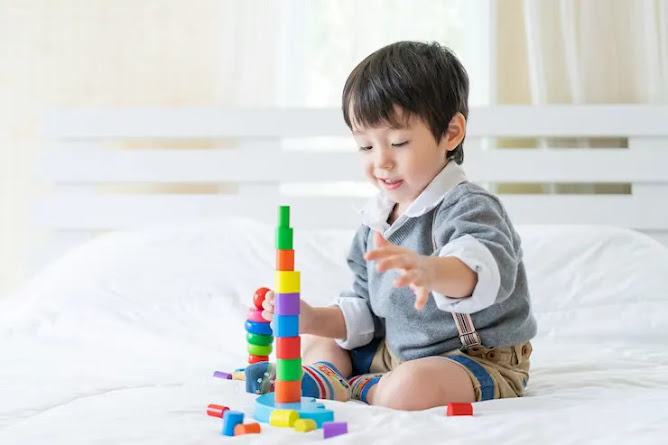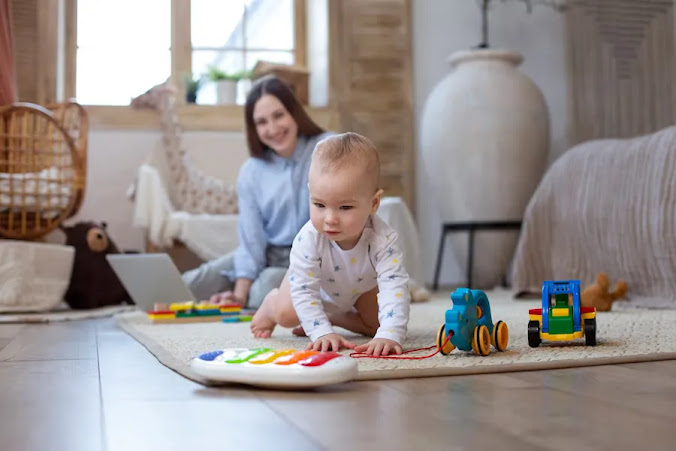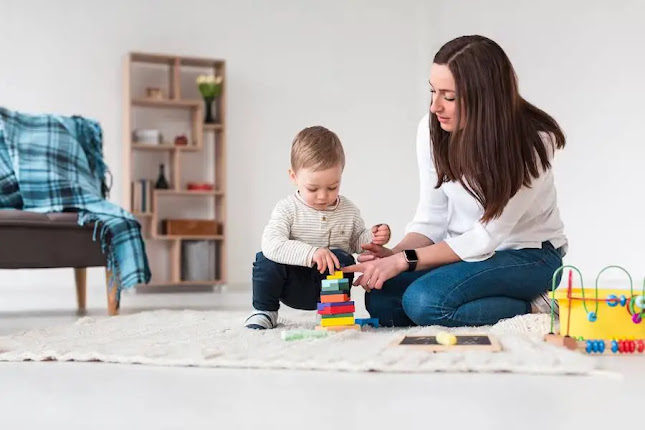Track Your 3 to 4 Year Old Child’s Development
Wondering if your child is on the appropriate path towards age appropriate development? Read on to learn all the new developmental milestones your child will reach at 3-4 years of age.
Emotional development
As children reach year 3, they will be able to understand, recognise and differentiate between sad, happy and angry. They will be able to express themselves. As they develop their language and communication skills, they’ll be more able to put their emotions into words. Your child will also be able to control her tantrums better.
Playing and learning
Your child will learn through play at this age. As children start playing they learn to make friends with other children. Your child will learn to socialise in small groups. Children learn to share as they learn the concept of “mine” and “yours.” Games like pretend play will help your child become more imaginative. Children may develop ideas and roles around the play, such as pretending to be a doctor or a firefighter. It’s also common to have imaginary friends at this age as long as your child understands the concept of real and fantasy.
By age 4, your child might pull tricks or pranks on people.
Talking
You’ll be surprised to notice your child’s language development during this age. They are typically able to express themselves more clearly, use more complex sentences, and understand a wider range of concepts. Children in this age group typically have a vocabulary of around 1,000 words. They can name many objects and people, and they also understand more abstract concepts such as time and space. They start to use more complex sentences, such as using conjunctions like "and" and "but" to connect two ideas. They also start to use more prepositions and pronouns in their speech. They can create and tell their stories, including simple plotlines with a beginning, middle, and end. They can also retell simple stories that they have heard before. Children during this age group start to refine their pronunciation and can produce most sounds correctly. They may still struggle with some more difficult sounds, such as "r" or "th." They will also be able to ask and answer simple questions, such as "What is your favorite color?" or "What did you do at school today?"
Everyday skills
Your child will also learn everyday skills, such as brushing his teeth, or being dressed. It’s because at this age, they have a newfound sense of independence, he will be able to feed himself, tie his own shoe laces, and undo buttons. He’ll also come to love having family meals as he starts to understand the family routine and appreciates social events like birthdays and other occasions. He might still need help though. Every child is different and may reach some developmental milestones earlier or later than others. However, If you see your child struggling to learn everyday tasks, lend a hand until he becomes self confident.
Parenting tips for your child at 3-4 yrs
Help your child as you watch him reach new milestones. With your help, he’ll become more confident with his progress. Here are some parenting tips for what you can do:
- Give your child plenty of playtime as play is important for preschoolers to develop emotion. Play helps preschoolers explore and express feelings like joy, excitement, anger and fear. You can join in his game of “pretend play.” For instance, you can be a patient for your little doctor.
- Spend time playing outdoors with your child as this will help him explore the natural environment. Remember to take precautions to be safe in the sun and in the mud though. Games like treasure hunt or chase can help your child explore the wild.
- Read with your child. Telling stories, singing songs and reciting nursery rhymes will help your child’s talking, thinking and imagination skills. These activities build a foundation for your child as they grow older.
- Cook with your child to help him get interested in healthy food while also learning new words and understanding math concepts like “half”, “2 teaspoons” and “20 minutes.”
Parenting a preschooler is exciting as you get to observe tons of developmental milestones. It’s okay to ask questions and get help if you are having trouble parenting. Every child is unique and if you notice patterns in your child’s development that may not seem normal, consult a pediatrician for help and guidance.
Also Read:- Importance of Gross Motor Skills
Also Read:- How Much Tummy Time for Newborn
Also Read:- Baby Talk Gives Infant Brains a Boost




Comments
Post a Comment